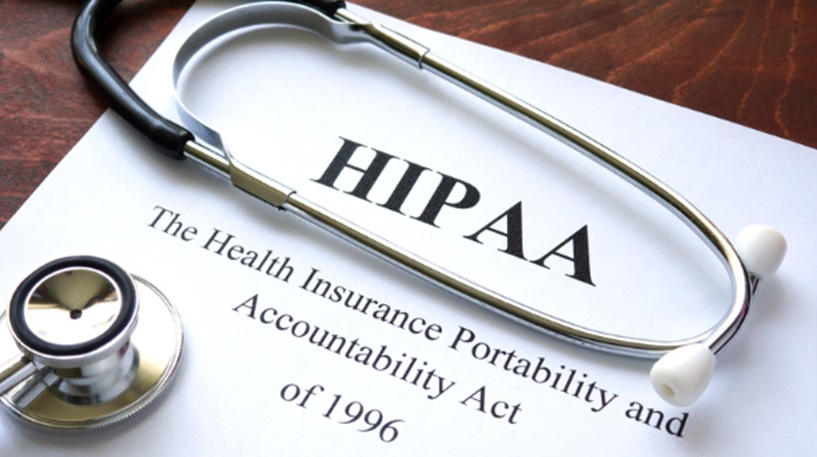
In today’s rapidly evolving healthcare landscape, technology plays an essential role in enhancing patient care and operational efficiency. One key factor that stands at the intersection of healthcare and technology is HIPAA software compliance. Ensuring that healthcare organizations adhere to HIPAA regulations not only protects patient information but also drives innovation within the industry. By implementing HIPAA compliance software, healthcare providers can maintain secure data protocols while fostering advancements in technology.
The Importance of Compliance in Innovation
Compliance may not be the first thing that comes to mind when thinking about innovation, but it is a crucial enabler. When healthcare organizations integrate HIPAA compliance software into their operations, they create a foundation for secure and efficient data management. This security assurance allows them to explore new technological solutions without the fear of data breaches, thus paving the way for innovative practices.
Enhancing Patient Trust and Care
Innovation in healthcare technology often focuses on improving patient outcomes. With reliable compliance measures in place, patients can trust that their sensitive health information is handled with the utmost care. This trust is essential for fostering patient engagement and participation in innovative healthcare models. Secure systems enable healthcare providers to implement cutting-edge technologies such as telemedicine and electronic health records (EHRs) while ensuring adherence to HIPAA regulations.
Streamlining Operations and Reducing Costs
Compliance-driven innovation also extends to operational efficiencies. By utilizing advanced software solutions, healthcare organizations can streamline their processes, reduce paperwork, and minimize errors. For instance, automated compliance checks and real-time monitoring can significantly reduce administrative burdens, allowing healthcare professionals to focus more on patient care. Ultimately, these efficiencies can lead to cost reductions, enabling healthcare facilities to allocate resources toward innovative projects and research.
Encouraging Technological Advancements
The push for HIPAA software compliance encourages the development of new technologies that prioritize data security. Companies are continually innovating to create solutions that not only meet regulatory standards but also enhance functionality and user experience. This drive for better compliance tools fuels competition and innovation within the tech industry, leading to more robust and versatile healthcare technologies.
For healthcare organizations looking to stay ahead, understanding the importance of maintaining compliance with industry standards is crucial. By aligning their technological advancements with compliance requirements, they can ensure sustainable growth and improved patient services.
Exploring New Frontiers in Healthcare
HIPAA software compliance is not just about meeting legal requirements; it is an integral part of the innovation journey in healthcare technology. By focusing on compliance, healthcare providers can unlock new opportunities for growth and improvement. With secure data environments, they can confidently explore emerging technologies such as artificial intelligence, machine learning, and big data analytics.
For those seeking further insights into maximizing the potential of compliance tools, exploring practical tips on HIPAA compliance software can provide valuable guidance.
Conclusion
HIPAA software compliance serves as a pivotal force in driving innovation within the healthcare technology sector. Ensuring secure data management not only fosters patient trust but also opens the door to cutting-edge advancements like telemedicine and AI-driven solutions. Compliance streamlines operations, reducing costs and administrative burdens, thereby allowing healthcare organizations to focus on delivering superior patient care. As the industry continues to evolve, maintaining robust compliance frameworks will be essential for unlocking new technological frontiers and enhancing the overall quality of healthcare services.
Frequently Asked Questions
1. What role does HIPAA compliance play in healthcare innovation?
HIPAA compliance ensures secure handling of patient data, which builds trust and creates a safe environment for implementing new technologies, thereby driving innovation.
2. How does HIPAA compliance affect patient care?
It enhances patient trust by ensuring their data is protected, which leads to higher patient engagement and better healthcare outcomes.
3. Can HIPAA compliance reduce operational costs?
Yes, by streamlining processes and minimizing errors, HIPAA compliance can lead to cost savings that can be reinvested in innovative healthcare solutions.







